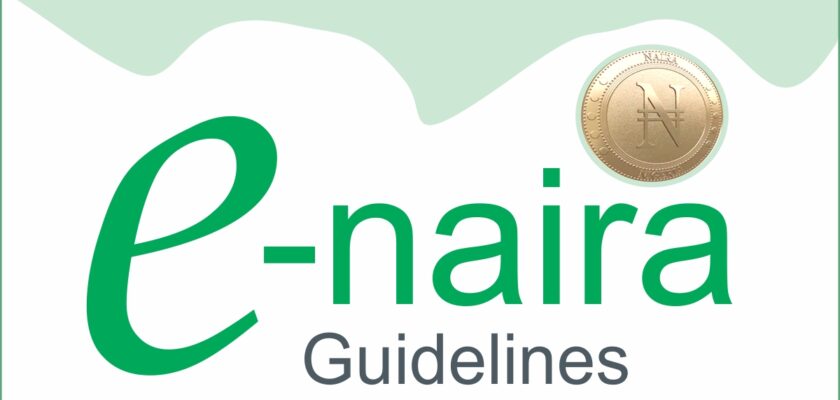Ahead of the proposed unveiling of digital currency in Nigeria, scheduled to kick start on the 1st of October, 2021, the Central Bank of Nigeria has issued an operational guideline to Nigerian banks, revealing more details about the design of the program and how the new currency (eNaira) would be operated.
In a notice sent to DMBs and seen by naijabusiness.com.ng, the apex bank revealed that the proposed e-Naira would operate as a legal tender in the entire country, with a non-interest bearing CBDC status, a transaction limit for customers, and a value-based transaction limit.
In addition, the Central Bank of Nigeria revealed that non-account holders will not be able to send or receive more than N50,000 daily under its ‘’Speed Wallet’’.
READ: Why CBN suspended the account of Bamboo, RiseVest and other fintech companies
To effectively carry out transactions under the digital currency programme, the apex bank mapped out three (3) levels to its Speed Wallet, namely;
- Tier 1 wallet: This can be used by anyone who does not have a bank account. To operate this, individuals are expected to submit their names, birth date and place, passport, phone number and address. A cumulative balance of N300,000 is fixed each day and the maximum transaction limit (sending and receiving of money) is pegged at N50,000 per day.
- Tier-2 wallet: Only bank account holders can operate this category of wallet. The minimum requirement for this category is the Bank Verification Number (BVN). The user is limited to sending and receiving N200,000 per day with a cumulative balance of N500,000.
- Tier-3 wallet: Also known as the merchant level, the minimum requirement for this level just like the tier-2 category is your BVN. However, this is different from the tier-2 wallet because it allows daily transactions of up to N1 million, with daily cumulative balances of N5 million.
It is pertinent to note that the e-Naira system will be subjected to comprehensive security checks, so as to protect the integrity and maintain the trust of participants. Nigerian banks as a matter of necessity will be allowed to invite all their customers to register for the scheme.

